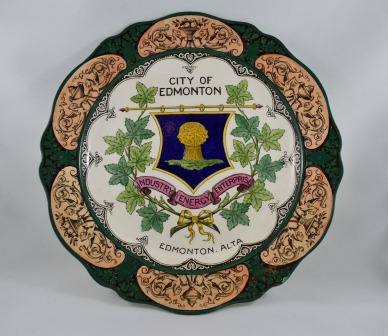Souvenir is a French word for the act of remembering or memory. In English, it has come to mean a keepsake of a place, person or event that is often for sale to tourists.
People have souvenirs for various reasons. Souvenirs are bought on trips or at special events, are given as gifts to family and friends, and even get passed to future generations. Sometimes people collect things from nature or free giveaway items like pamphlets as souvenirs.
Souvenirs have been collected for a long time. Some of the earliest journeys where humans obtained souvenirs were religious pilgrimages to significant holy sites and shrines of their religious faith, for example, hajj to Mecca, or the pilgrimage of the Camino de Santiago in Spain. In many cases, visitors to sites started taking pieces of the actual shrine or site, so cheap, purpose-made, factory-made souvenirs became the substitute to prevent the theft and defacing of many sites. In the 19th century, world exhibitions introduced different countries and cultures (and the idea of collecting souvenirs) to middle and lower classes who couldn’t afford to travel.





